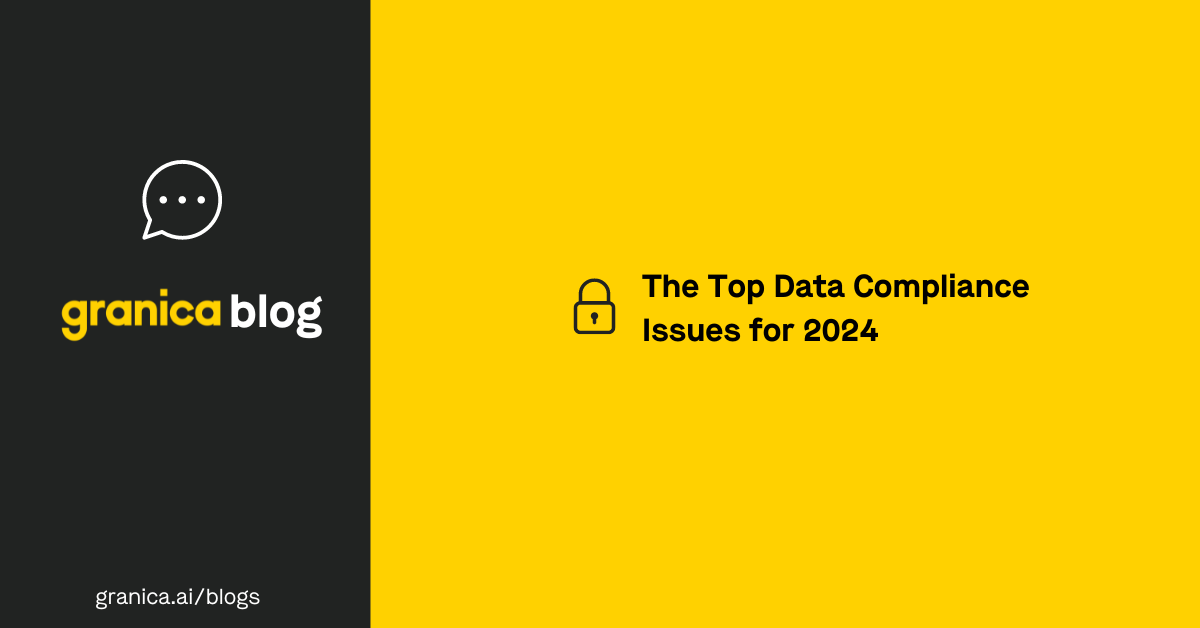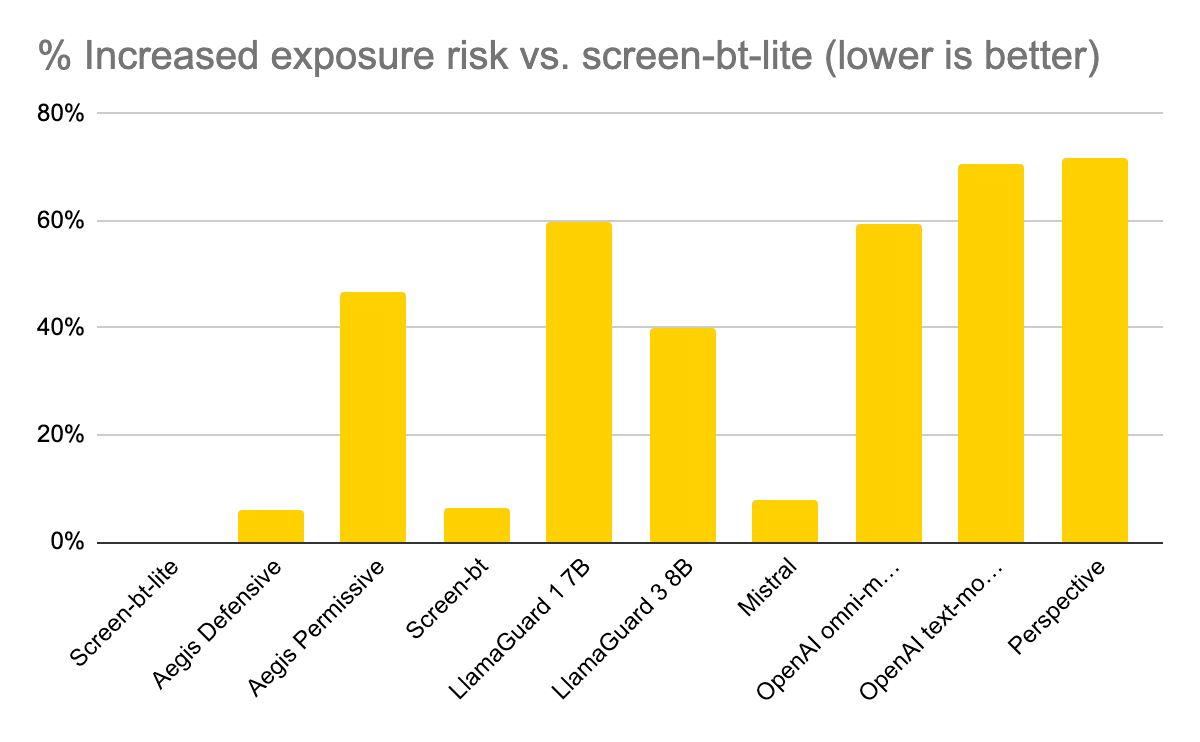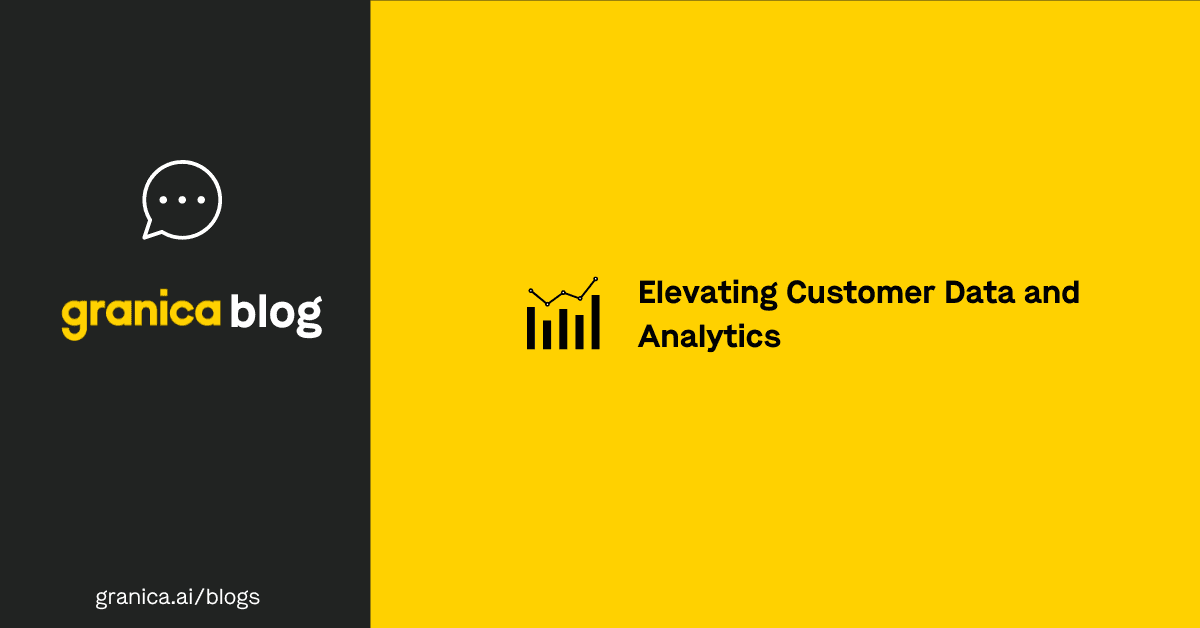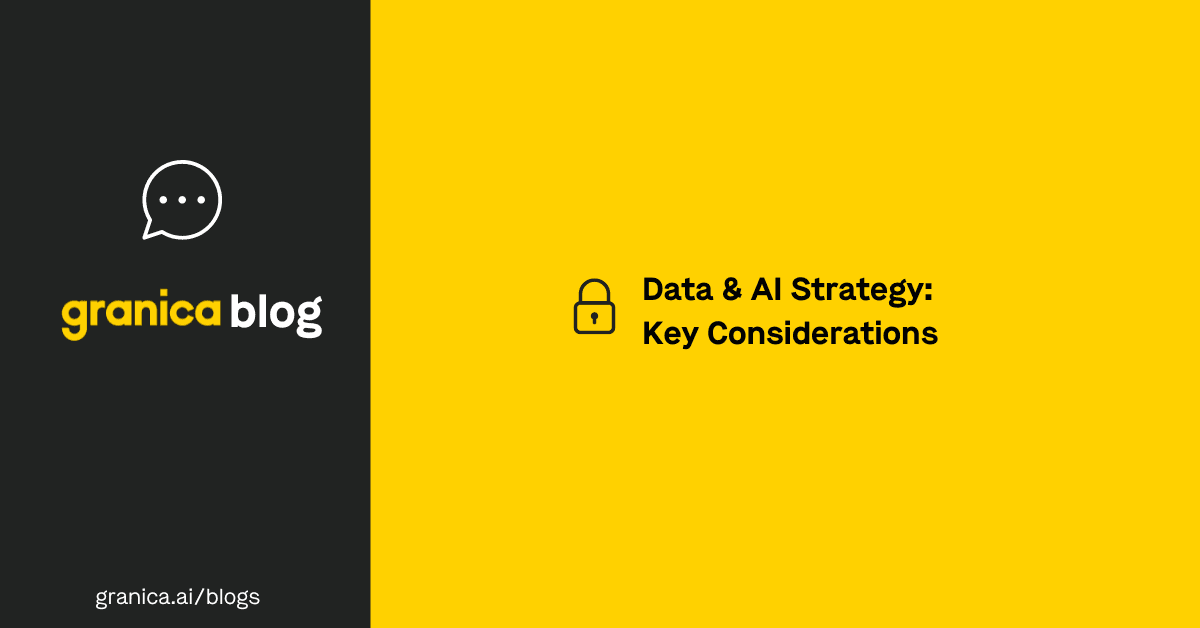The Top Data Compliance Issues for 2024
Tackling data compliance issues presents many businesses with a complex challenge. Not only must organizations govern data internally, but they must also comply with a long list of external data privacy and security regulations, including:
-
General Data Protection Regulation (GDPR). Requires organizations to obtain consent before collecting Personally Identifiable Information (PII) on EU citizens or residents, and to protect this data.
-
California Consumer Privacy Act (CCPA). Requires organizations to disclose what data they collect from California residents and inform them whether any third parties can access it. Residents also have the right to request that organizations delete their personal data.
-
Health Insurance Portability and Accountability Act (HIPAA). Requires organizations to secure patients’ Protected Health Information (PHI), ensuring it is not leaked or disclosed to anyone without explicit consent and authorization.
This list is far from comprehensive — organizations must also stay updated on the latest industry-specific data security regulations. To maintain compliance with these and other regulations, company leaders can start by addressing three data compliance issues this year.
Three major data compliance issues for 2024
Below, we list some essential data compliance issues organizations must address this year to meet current regulatory standards. Because these issues are likely to remain relevant in the future, addressing them now will help organizations maintain compliance as new regulations are introduced.
| Data Compliance Issues | |
|---|---|
| Issue | Challenge |
| Lack of AI data privacy | Large language models (LLMs) and genAI often use PII or other sensitive data to provide services. AI-based products also rely on large amounts of training data stored in cloud data lakes, some of which may contain sensitive data. These factors increase the challenge of protecting data. |
| Inefficient consent management | Consent management is important for both HIPAA and GDPR regulations. It allows patients, users, or customers to consent to the collection or disclosure of PII/PHI. The challenge lies in obtaining and managing consent on a consistent basis. |
| Insider threats | Insider threats include human error and malicious outsiders obtaining insider access credentials through methods like phishing. Organizations must account for both potential vulnerabilities to remain compliant. |
Protect AI data privacy
The simplest way to address this potential data compliance issue is by using a PII discovery and masking tool specifically designed for AI use cases. Look for a data privacy tool that:
-
Automatically discovers PII and other sensitive data based on GDPR, HIPAA, the AI Act, and other regulations. It should have the capability to identify data stored in cloud data lakes as well as sensitive data in LLM prompts and responses.
-
Masks this data in-transit.
-
Uses synthetic data as a placeholder when processing LLM prompts and responses to prevent sensitive data leaks and improve model accuracy.
-
Validates AI models to ensure the model is working as intended, and the data is accurate (this is a key component of the GDPR).
Manage consent consistently
A compliance management tool can help organizations address this data compliance challenge. For example, specific GDPR management tools can handle Data Subject Access Requests (DSARs). This function includes:
-
Prompting users to complete consent forms or accept data fair use terms.
-
Storing consent forms securely.
-
Summarizing all stored personal data at the request of the person whose data is being collected.
-
Providing a clear view of who can access which data, and when.
-
Flagging all data access requests for closer review.
Some HIPAA-specific consent management tools can also handle details like:
-
Patient consent forms.
-
PHI disclosure consent forms.
-
Data summarizations requested by an authorized person or party.
Thwart insider threats
Threats can come from multiple unexpected sources, which makes this one of the most challenging data compliance issues most businesses face. The following practices offer organizations the best protection from internal vulnerabilities:
-
Implement policy-based access controls. Manage who can access data and minimize how much they can access. Establishing access controls may draw from security best practices, like a zero-trust policy that verifies and authenticates users every time they want to access data.
-
Use data security platforms. These solutions can track data access across the cloud environment and detect access anomalies, which enables organizations to address potential data leaks immediately.
-
Minimize human error. Using automated processes can help reduce the risk of human error. For instance, an IT team might miscategorize PII, leaving the data vulnerable. Automated tools that identify and mask PII are less prone to these errors.
The first step toward conquering these data compliance challenges is to use a best-in-class data privacy tool that protects sensitive data in the cloud.
Achieve data compliance goals with Granica
Granica Screen is a data privacy service that discovers and masks sensitive data with state-of-the-art accuracy, enabling organizations to maintain compliance with GDPR, HIPAA, the AI Act, and other data privacy regulations. The tool unlocks data for safe use in LLMs and genAI-based products by automatically identifying sensitive data (both in cloud data lakes and LLM prompts and responses). Granica Screen then generates synthetic data for use in LLM or AI models.
The platform protects sensitive data in real time and supports more than 100 languages, allowing organizations to use sensitive data safely without disrupting the model’s functionality. Using Granica’s data privacy platform, organizations can address some of their most pressing data compliance issues and unlock more data for use in future innovations.
Explore an interactive demo of Granica Screen to resolve these data compliance issues and significantly improve the security of your genAI-based products.






